How to Choose the Right Logistics Partner for Your Construction Business
In the construction industry, where time, precision, and coordination are critical, selecting the right logistics partner can make or break a project. Reliable logistics ensure that materials arrive on time, keeping your construction schedule on track, minimizing downtime, and helping you meet deadlines. Conversely, poor logistics can result in delays, cost overruns, and strained client relationships.
Choosing the right logistics partner for your construction business is not just about finding a company that can transport materials from point A to point B—it’s about finding a partner that understands the unique challenges of the construction industry, can handle complex deliveries, and has the technology and expertise to ensure seamless, efficient operations.
In this article, we will explore the key factors you should consider when choosing a logistics partner for your construction business and how the right choice can help you complete projects on time, stay within budget, and maintain strong client relationships.
1. Industry Expertise and Understanding of Construction Logistics
The logistics needs of a construction business are vastly different from those of other industries. Construction logistics involves managing the transportation of heavy materials, equipment, and tools to various job sites, often in remote locations or urban areas with limited access. A reliable logistics partner should have a deep understanding of these challenges and be equipped to handle the specific requirements of the construction industry.
What to Look For:
Specialization in Construction Logistics: Your logistics partner should have a proven track record of working with construction companies. They should understand the importance of timely deliveries, precise scheduling, and handling the unique materials and equipment used in construction.
Experience with Multi-Site Projects: In construction, especially multi-unit projects, managing deliveries to multiple job sites can be complex. Choose a partner with experience in coordinating deliveries across multiple locations simultaneously.
Understanding of Regulations: Construction logistics often involve navigating various regulations, such as road restrictions for heavy vehicles, safety protocols, and site access limitations. Your logistics provider should be familiar with these regulations to avoid delays and fines.
A logistics partner with industry expertise can anticipate potential issues before they arise and provide solutions that keep your project on schedule.
2. Reliability and On-Time Performance
One of the most critical factors when choosing a logistics partner is their reliability and ability to consistently deliver on time. In the construction industry, where project schedules are tightly controlled and delays can have cascading effects, late deliveries can result in costly setbacks, idle workers, and missed deadlines. Therefore, your logistics provider must have a proven track record of on-time performance.
What to Look For:
Proven On-Time Delivery Rates: Ask potential logistics partners about their on-time delivery rates and request references from other construction companies they’ve worked with. This can give you a sense of how reliable they are in meeting deadlines.
Contingency Plans: Even with the best planning, unexpected issues like traffic delays, weather conditions, or mechanical problems can occur. A reliable logistics partner should have contingency plans in place to address these challenges and ensure minimal disruption.
Real-Time Tracking: The ability to track shipments in real-time provides transparency and peace of mind. Choose a logistics provider that offers real-time tracking so you can monitor the progress of your deliveries and adjust your schedule as needed.
Reliability is the backbone of any successful logistics operation. A dependable logistics partner will help you avoid costly delays and keep your projects running smoothly.
3. Technology and Innovation
In today’s fast-paced construction environment, technology plays a key role in optimizing logistics operations. The right logistics partner should be equipped with advanced technology solutions that enhance efficiency, provide real-time visibility into shipments, and improve overall communication and coordination.
What to Look For:
Real-Time Tracking and Communication: Technology that allows you to track deliveries in real-time is essential for managing construction projects. This feature enables you to plan labor and resources around delivery schedules, reducing downtime and ensuring materials arrive when needed.
Automated Inventory Management: An effective logistics partner should offer inventory management solutions that integrate with your systems, allowing you to track materials, forecast future needs, and automate reordering processes.
Data Analytics and Reporting: The use of data analytics can help you optimize your logistics operations by identifying trends, improving delivery routes, and reducing costs. Choose a partner that uses data-driven insights to enhance their services.
Technology-driven logistics solutions help improve efficiency, reduce human error, and provide the transparency you need to stay informed and in control of your construction projects.
4. Scalability and Flexibility
Construction projects vary widely in scope, from small-scale renovations to large multi-unit developments. As your business grows and takes on more complex projects, your logistics partner should be able to scale their services to meet your needs. Flexibility is also critical in the construction industry, where unexpected changes in project timelines or material requirements are common.
What to Look For:
Ability to Scale: Ensure your logistics partner has the capacity to scale their services to handle larger projects or multiple sites simultaneously. They should be able to grow with your business and adjust to the demands of bigger, more complex projects.
Flexibility in Operations: Flexibility is key in construction logistics. Choose a partner that can adjust to last-minute changes in delivery schedules, handle urgent shipments, and accommodate unexpected project delays without compromising service quality.
Range of Services: A versatile logistics provider should offer a range of transportation options, from flatbeds and full truckloads to less-than-truckload (LTL) shipments, ensuring that they can meet all your logistical needs, regardless of the size or type of materials.
A flexible and scalable logistics partner can adapt to your changing needs, ensuring that your projects stay on track no matter how complex they become.
5. Safety and Compliance
Safety is a top priority on construction sites, and your logistics partner should share that commitment. The transportation of construction materials and equipment often involves heavy loads and potentially hazardous materials, making safety protocols and compliance with regulations essential.
What to Look For:
Commitment to Safety Standards: Your logistics provider should have strict safety protocols in place to protect their workers, your materials, and the general public. This includes proper training for drivers and adherence to safety regulations for transporting heavy or hazardous materials.
Compliance with Regulations: Ensure your logistics partner complies with all local, state, and federal regulations regarding transportation, especially those related to construction materials. This includes road restrictions, load limits, and environmental regulations.
Safety Record: Ask potential logistics partners about their safety record, including any accidents or violations. A strong safety record is a good indicator of a responsible and reliable partner.
A logistics partner that prioritizes safety and compliance helps protect your business from potential liabilities and ensures that materials arrive safely and on time.
6. Cost-Effectiveness
While cost shouldn’t be the sole factor in choosing a logistics partner, it’s important to find a provider that offers competitive pricing without compromising on service quality. The right logistics partner will help you optimize your transportation costs while delivering materials efficiently and on time.
What to Look For:
Transparent Pricing: Choose a logistics partner that offers clear, upfront pricing without hidden fees. This transparency allows you to budget accurately and avoid surprises.
Value for Money: Look for a logistics provider that offers a balance between cost and service quality. Cheaper providers may cut corners, leading to late deliveries or damaged materials, while higher-end providers may offer services that aren’t necessary for your projects.
Cost-Reduction Strategies: A good logistics partner should be proactive in finding ways to reduce your transportation costs, such as optimizing delivery routes, consolidating shipments, or using fuel-efficient vehicles.
By working with a cost-effective logistics partner, you can maximize the value of your logistics budget while ensuring that your construction projects run smoothly.
7. Strong Communication and Customer Service
Effective communication is critical in logistics, especially in construction, where timelines are tight and there is little room for error. Your logistics partner should be responsive, transparent, and proactive in providing updates on deliveries, addressing issues, and coordinating with your team.
What to Look For:
Responsive Customer Support: Choose a logistics partner that offers reliable customer support, with representatives available to address your concerns or answer questions in a timely manner.
Clear Communication Channels: A good logistics provider should offer multiple communication channels, such as phone, email, and online platforms, making it easy for you to stay informed about the status of your shipments.
Proactive Problem Solving: When issues arise, such as delays or damaged materials, your logistics partner should take immediate action to resolve the problem and minimize disruption to your project.
A logistics partner with strong communication and customer service will help you avoid misunderstandings and keep your projects on track.
Conclusion
Choosing the right logistics partner for your construction business is a critical decision that can have a significant impact on your projects. The ideal partner will offer industry expertise, reliability, advanced technology, scalability, safety, cost-effectiveness, and strong communication, ensuring that your materials are delivered on time, every time.

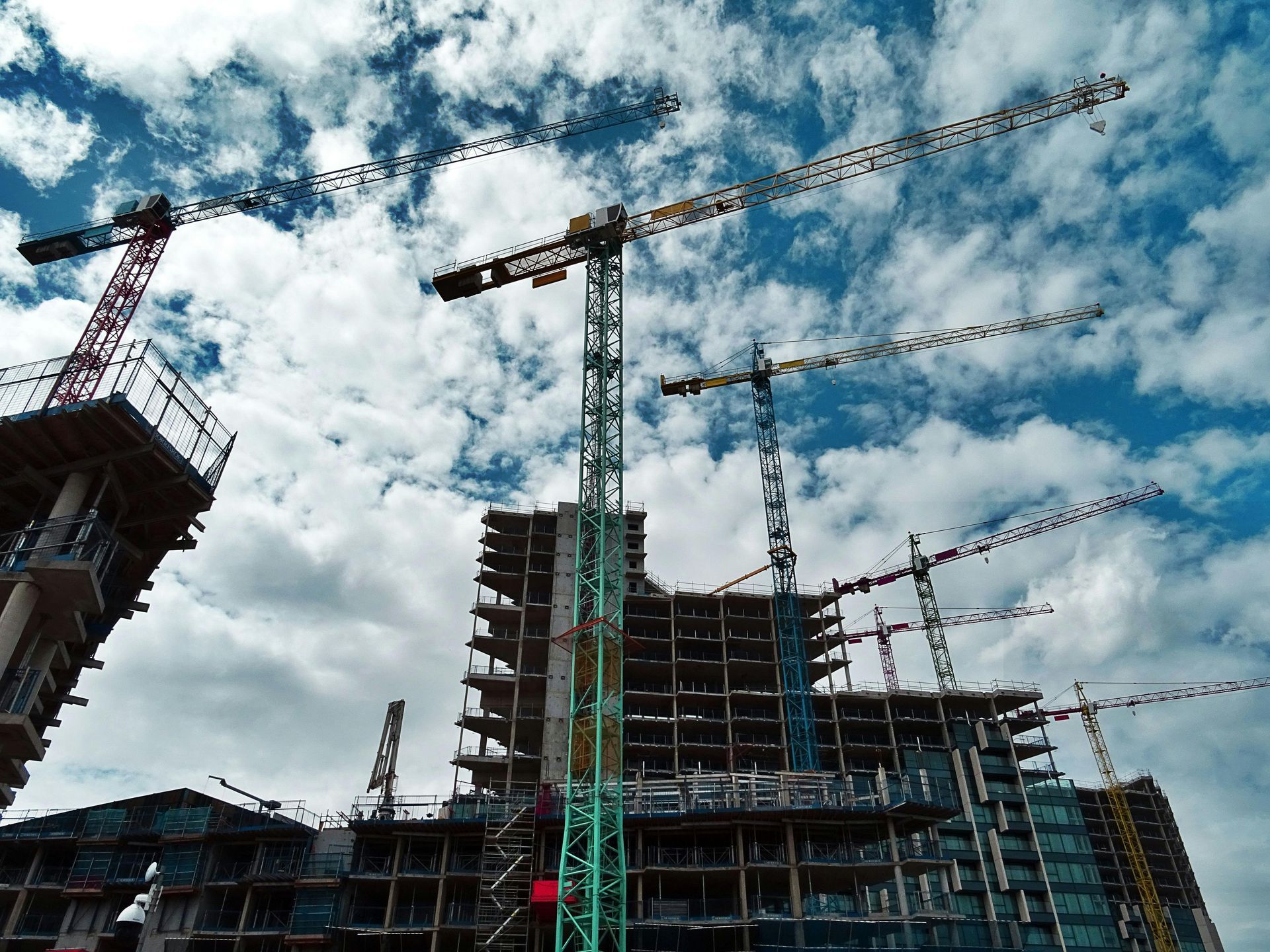
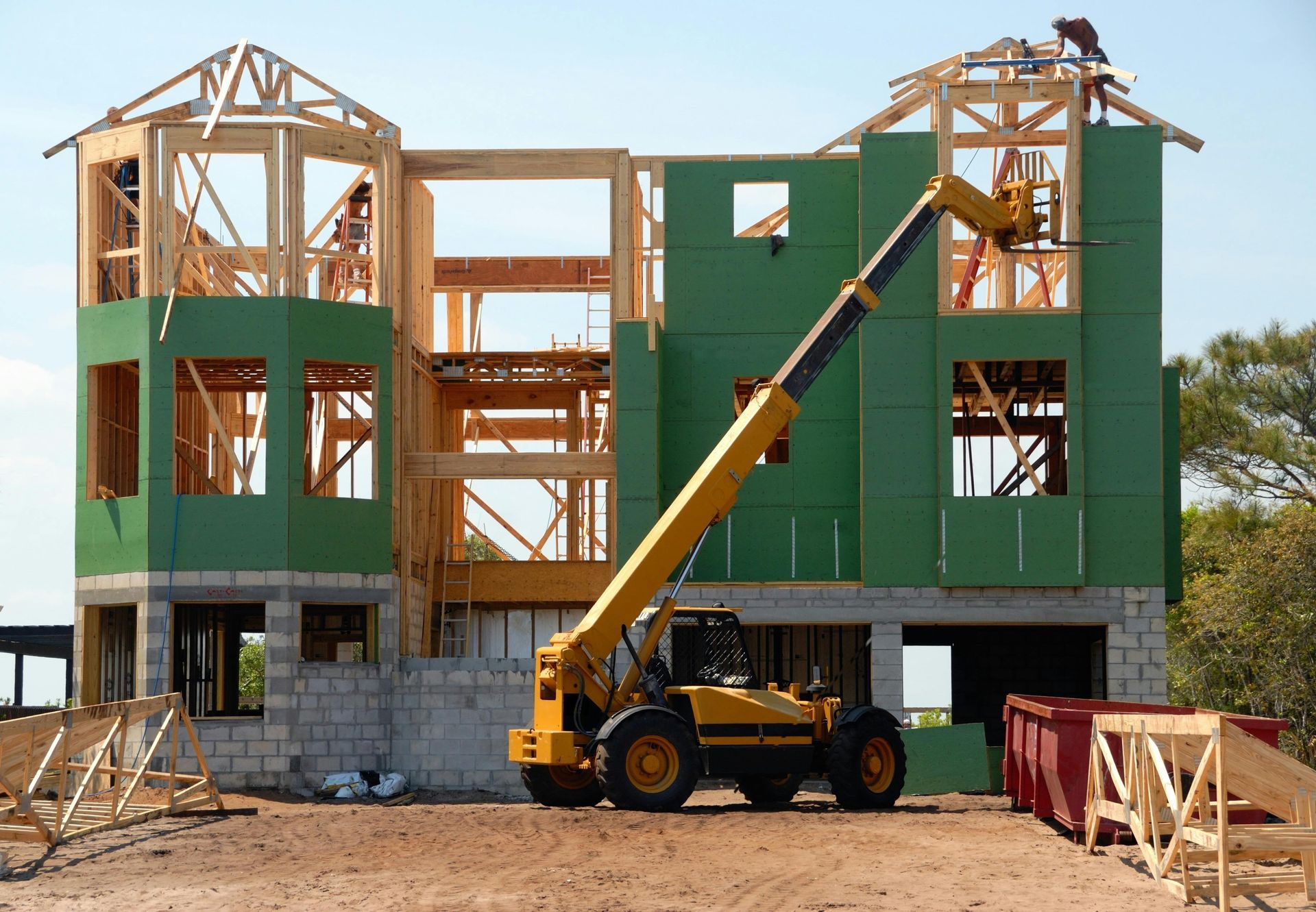


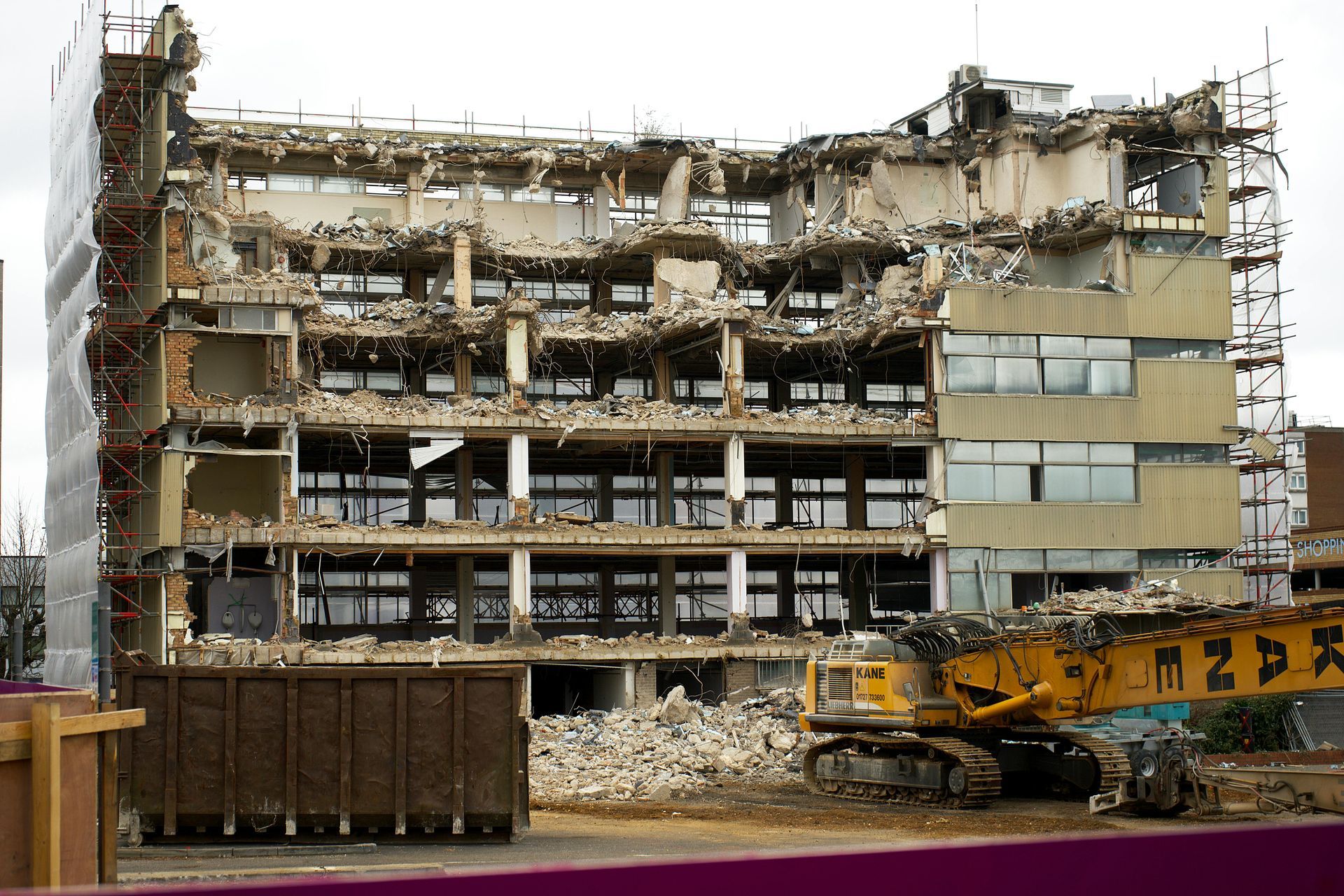
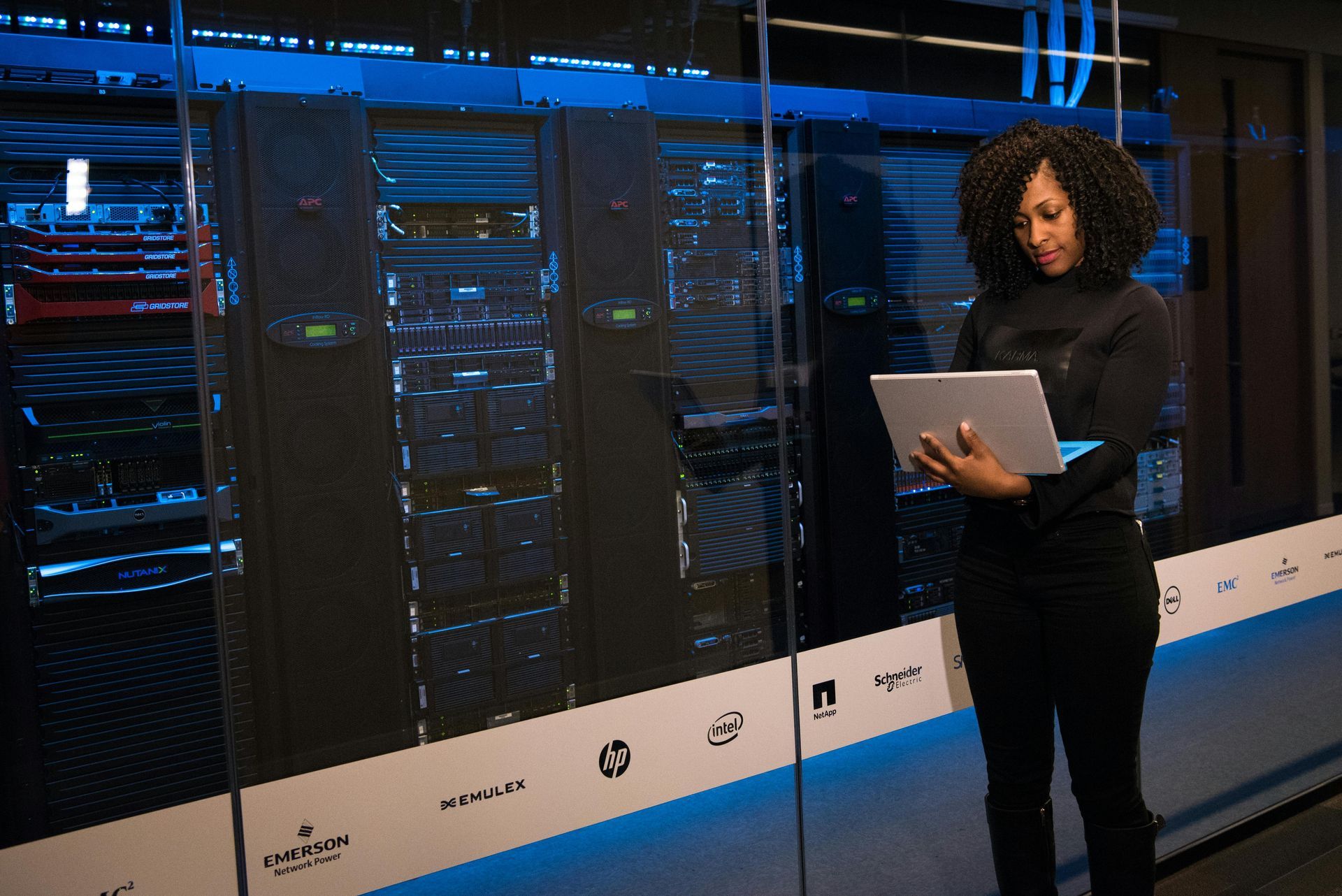
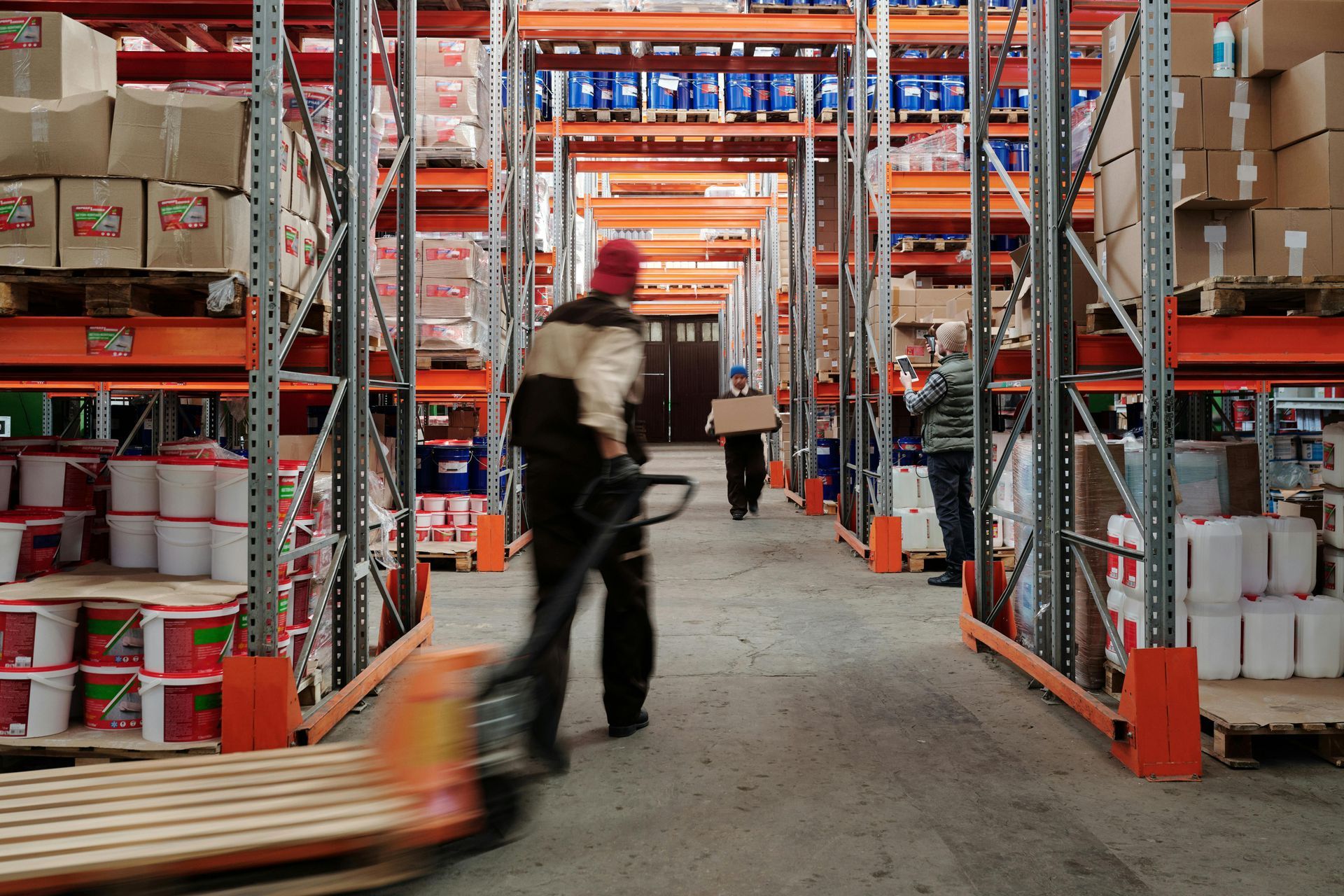


All Rights Reserved | ASK Logistix